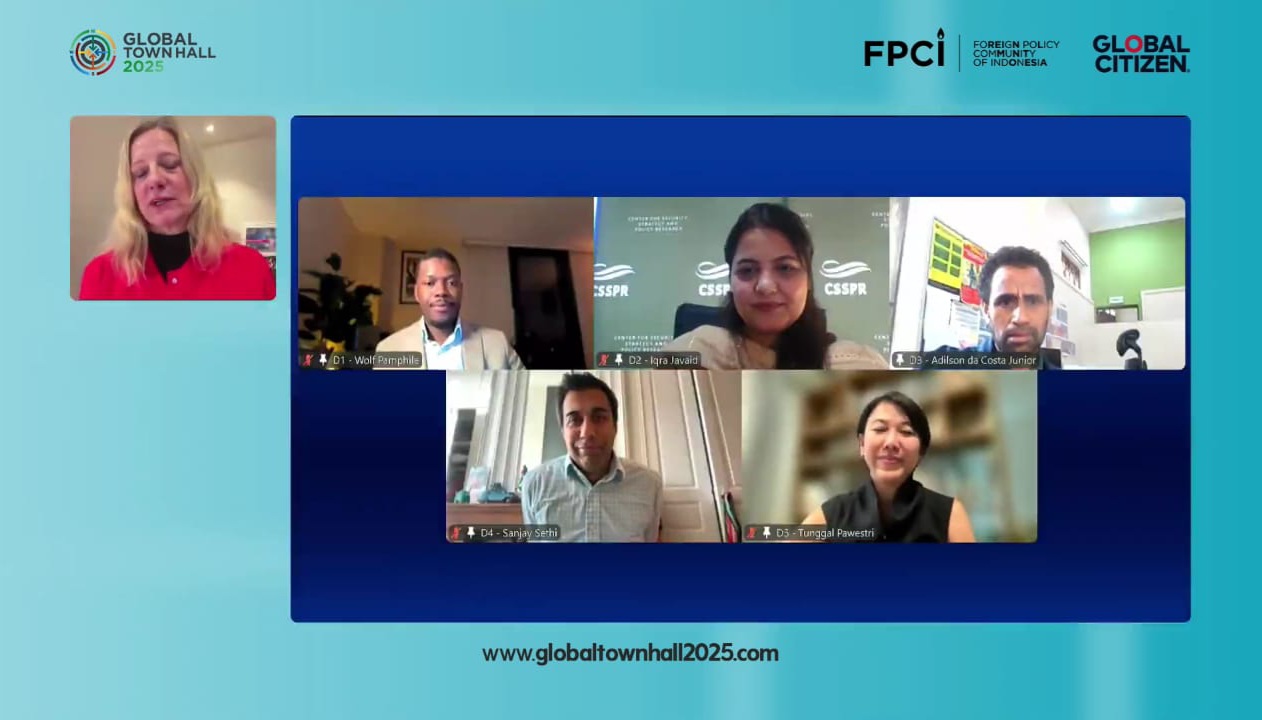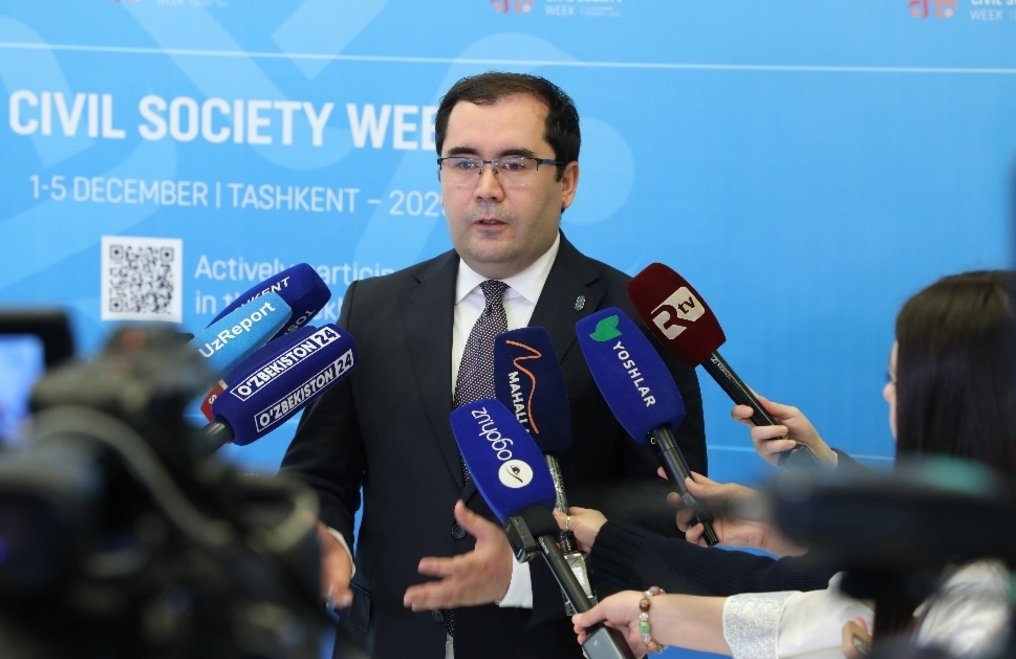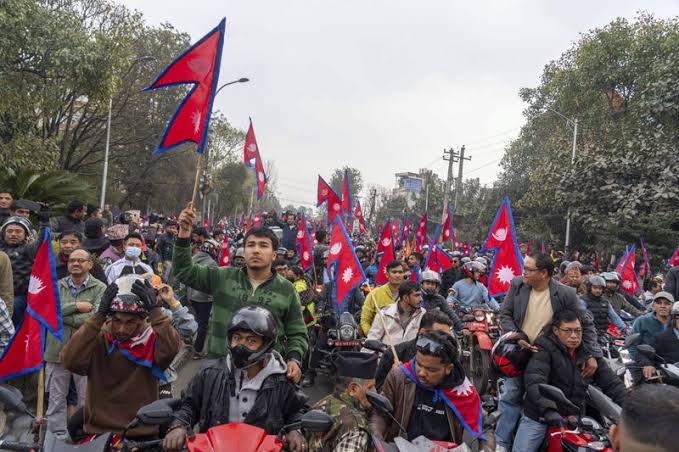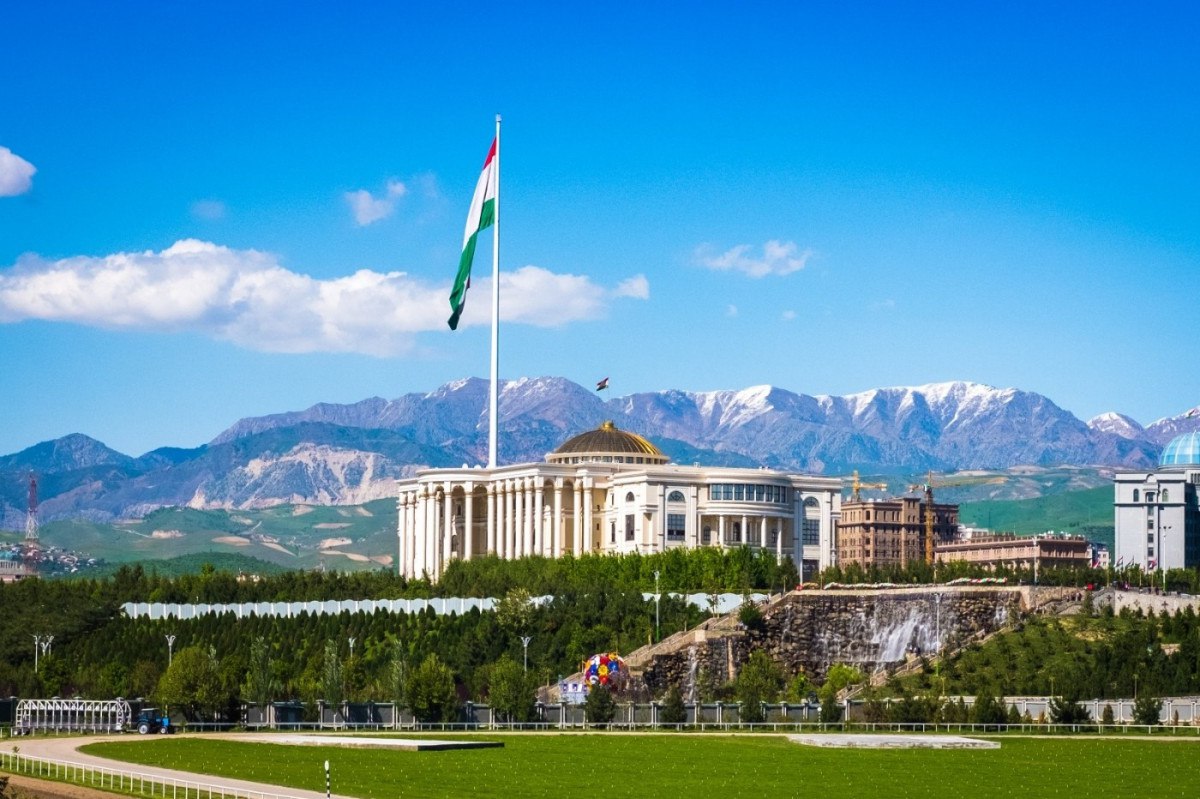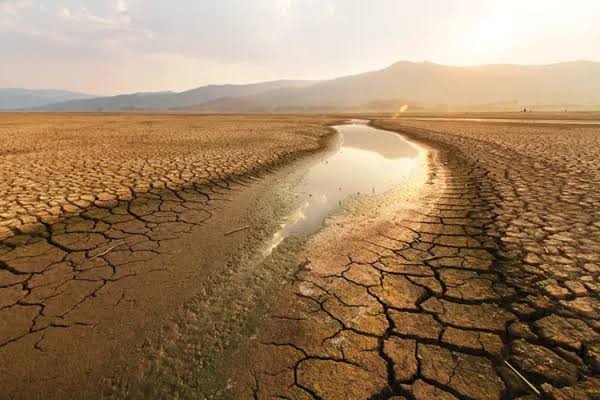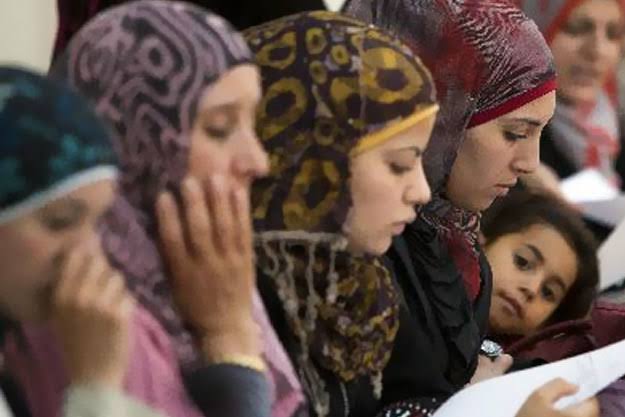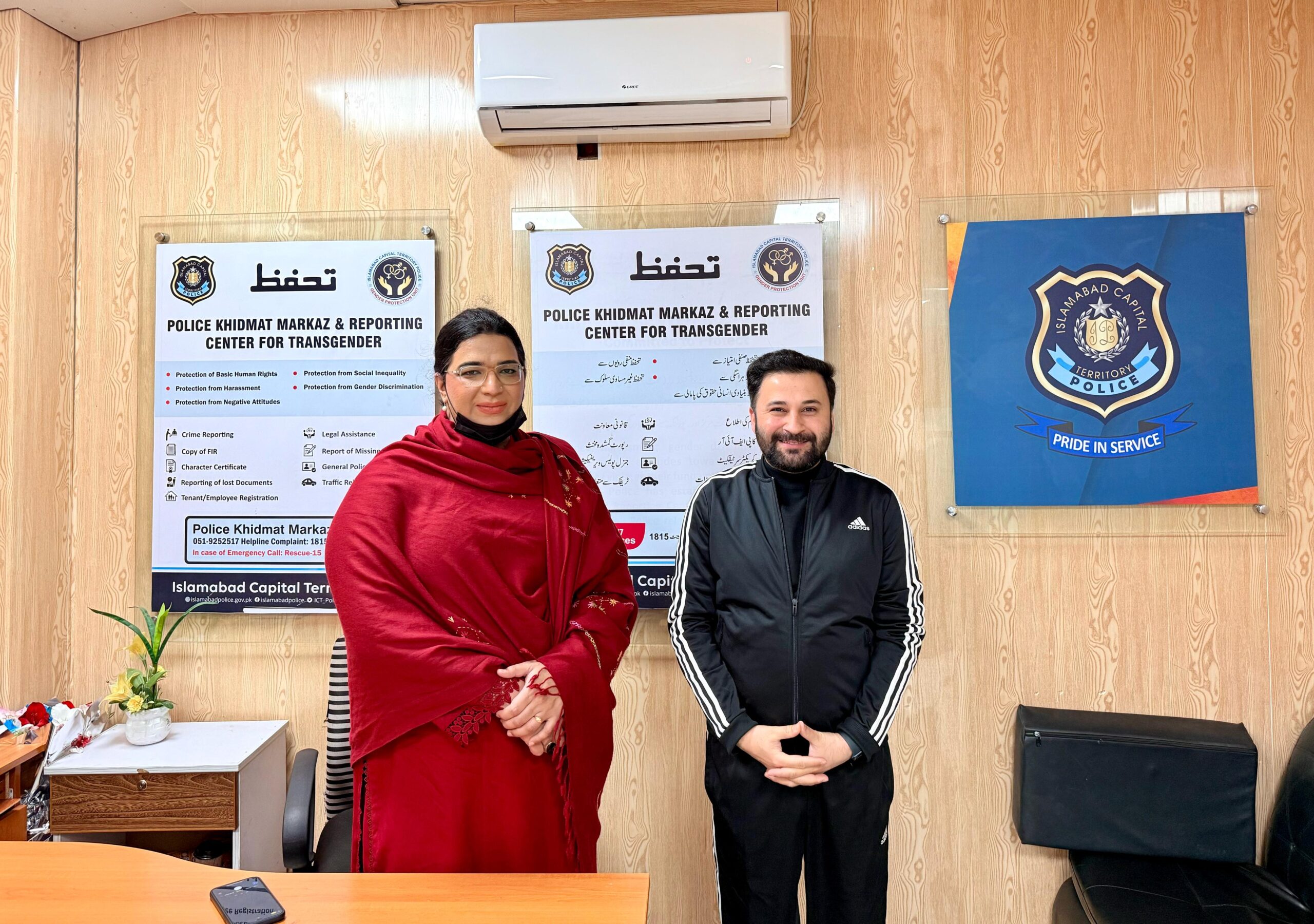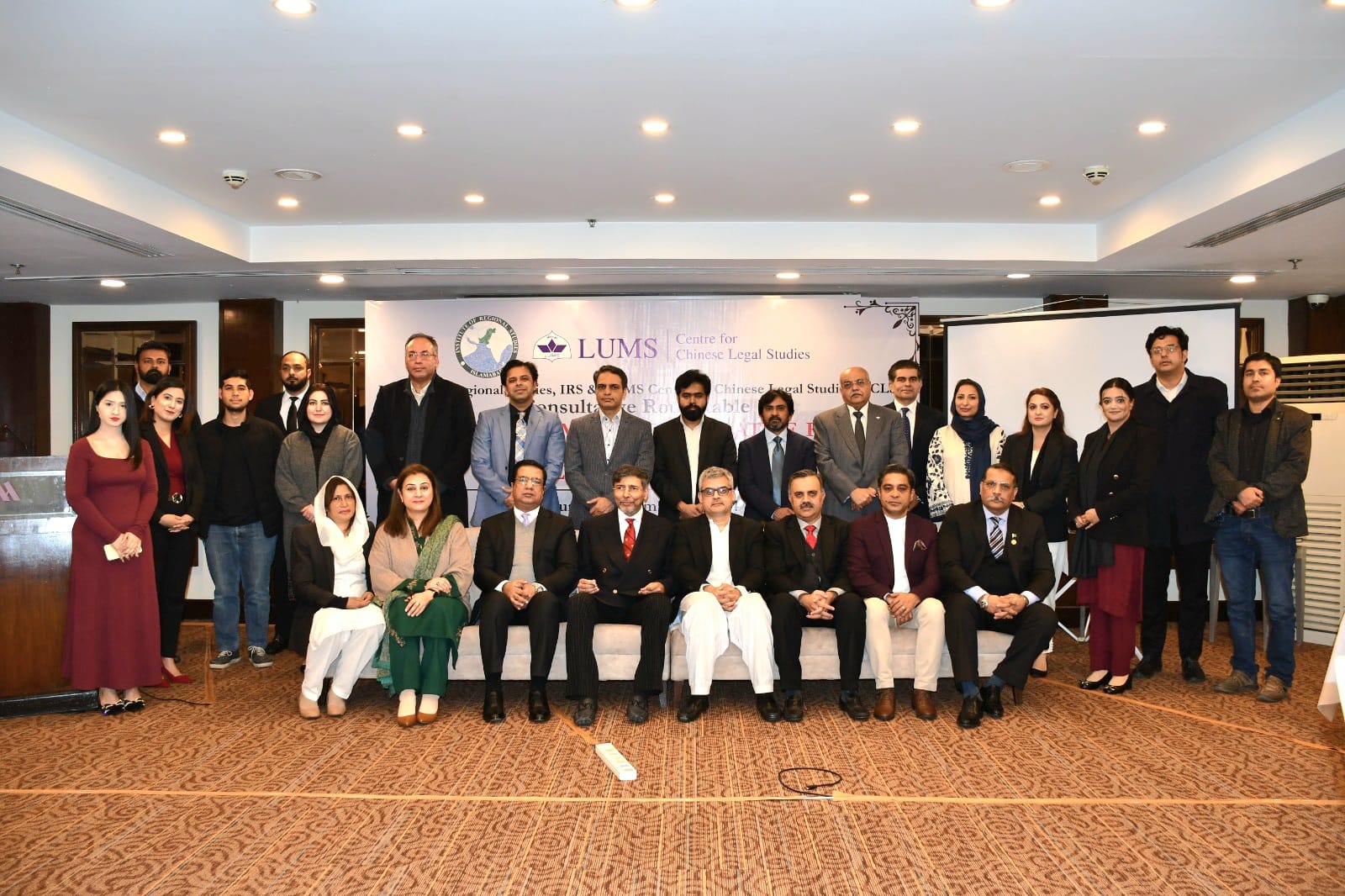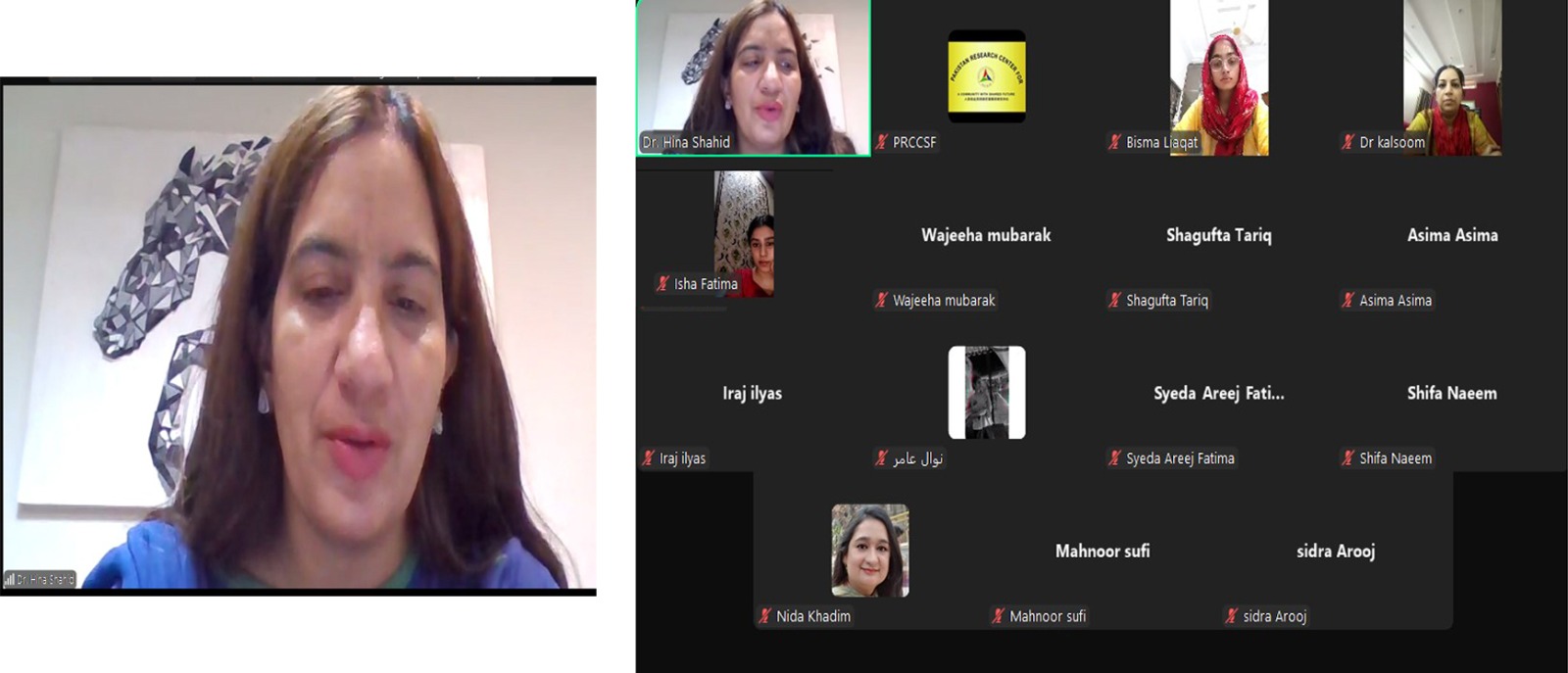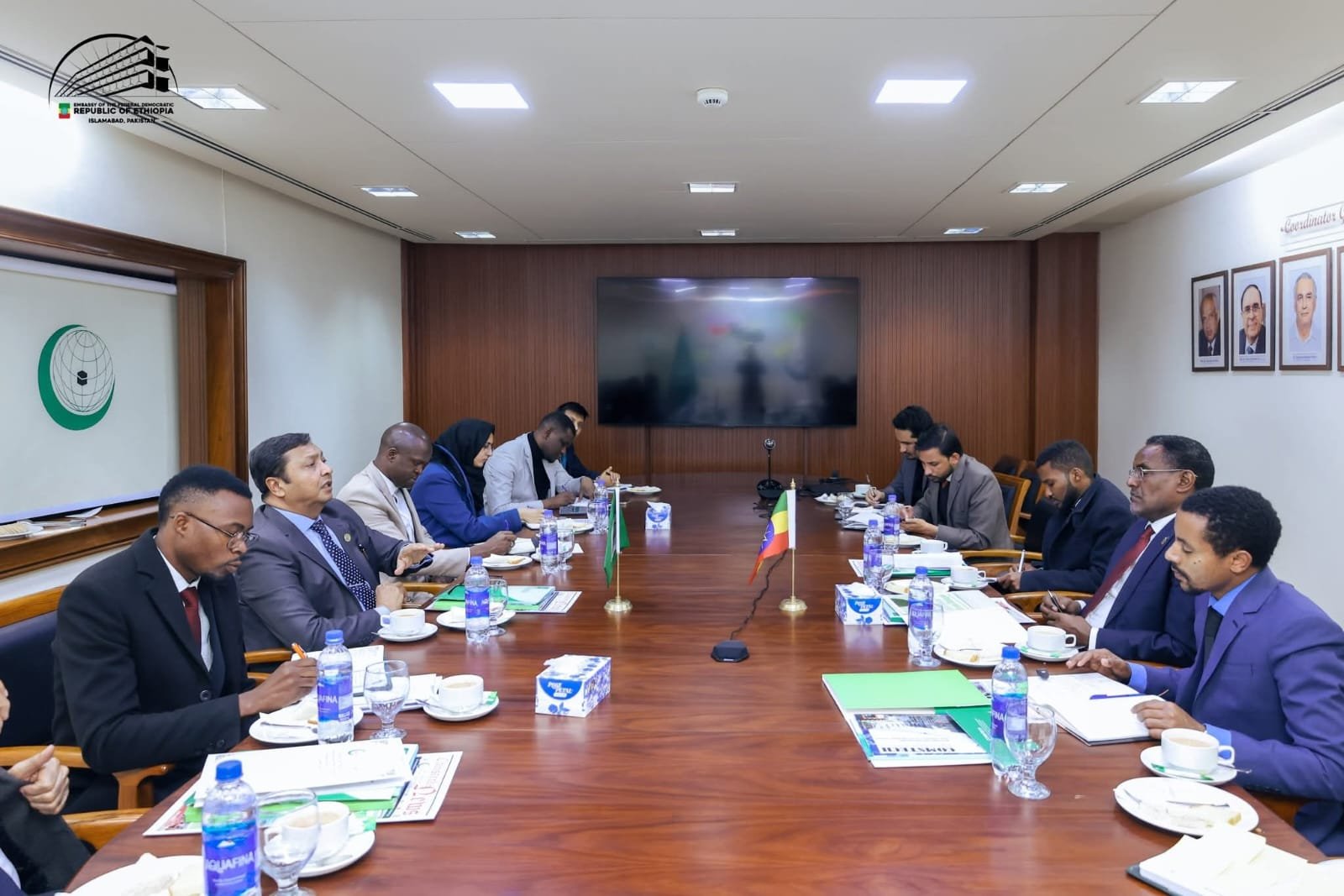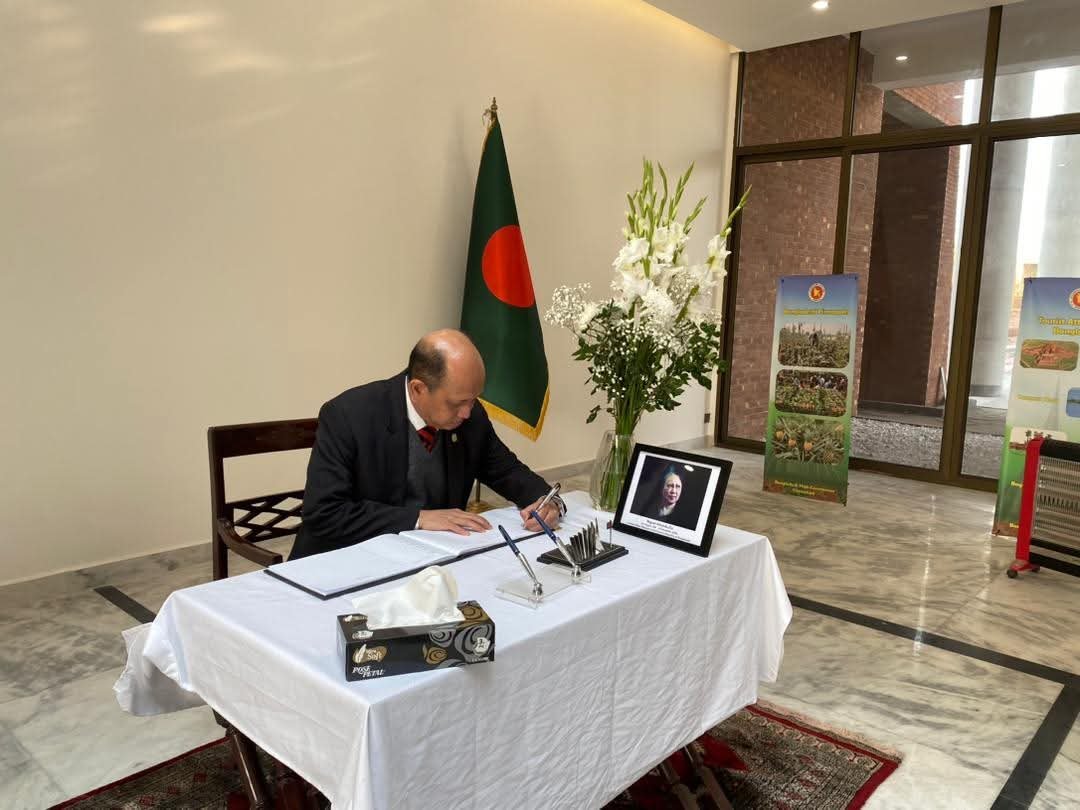Islamabad, November 15, 2025 – The Europe Today: Today, the Global Town Hall 2025 was held online under the theme “The Future We Need.” The conference brought together global leaders, policymakers, civil society representatives, scholars, and youth voices from around the world to discuss the challenges facing an increasingly turbulent world and the pathways toward a more stable and inclusive future.
As part of the event, Session 2, titled “Civil Societies as a Force for Stability and Progress in an Increasingly Turbulent World,” featured an influential panel of speakers:
● Justin Vaïsse
● Arthur Larok
● Pita Limjaroenrat
● Suhasini Haidar
● Moderator: Step Vaessen
Civil Society Discussants included:
● Wolf Pamphile
● Iqra Javaid (Member Board of Experts, PRCCSF)
● Adilson da Costa Junior
● Sanjay Sethi
● Tunggal Pawestri
Representing Pakistan, Ms. Iqra Javaid, a member of the Board of Experts of the Pakistan Research Centre for a Community with Shared Future (PRCCSF), contributed key insights on the evolving role of civil societies in today’s complex and rapidly changing global environment.
During her intervention, Ms. Javaid emphasized that civil society serves as a bridge between the state and the people, helping to reduce gaps in understanding, communication, and expectations. She highlighted that the young generation plays an especially critical role, as their demand for transparency and their ability to mobilize through new forms of engagement make them central actors in shaping modern civic participation.
Ms. Javaid underscored several important points:
- The narratives, communication styles, and interaction patterns of Gen Z differ greatly from previous generations.
- With communication mediums shifting globally, civil society must adopt new patterns that reflect youth engagement and digital dynamics.
- Digital activism has emerged as a powerful tool for awareness, mobilization, and advocacy, enabling young people to influence local and global conversations.
Drawing on Pakistan’s recent experience, she referenced the 2025 floods, noting how young volunteers, digital communities, and civil society organizations played a critical role in rescue efforts, relief mobilization, fundraising, and spreading accurate information during the crisis.
Ms. Iqra also discussed the challenges posed by today’s digital information environment, stressing that platforms must operate responsibly, especially in an era marked by widespread misinformation, disinformation, and targeted propaganda. Given the volume of information surrounding young people today, she urged for stronger safeguards and responsible communication practices to ensure constructive public discourse.
Her contribution highlighted the essential need for inclusive, youth-engaged, and digitally adaptive civil societies to support global stability and progress in the years ahead.
